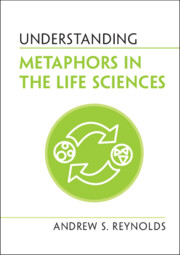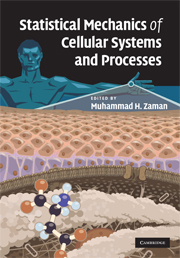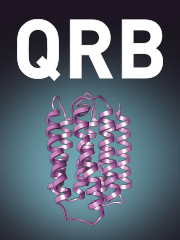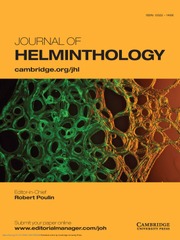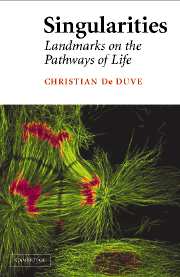
Singularities
Landmarks on the Pathways of Life
£63.99
- Author: Christian de Duve, Rockefeller University, New York
- Date Published: January 2006
- availability: Available
- format: Hardback
- isbn: 9780521841955
£
63.99
Hardback
Other available formats:
eBook
Looking for an inspection copy?
This title is not currently available on inspection
-
Erwin Schrödinger's What is Life? published 60 years ago, influenced much of the development of molecular biology. In this new book Christian De Duve, Nobel Laureate and pioneer of modern cell biology, presents a contemporary response to this classic, providing a sophisticated consideration of the key steps or bottlenecks that constrain the origins and evolution of life. De Duve surveys the entire history of life, including insights into the conditions that may have led to its emergence. He uses as landmarks the many remarkable singularities along the way, such as the single ancestry of all living beings, the universal genetic code, and the monophyletic origin of eukaryotes. The book offers a brief guided tour of biochemistry and phylogeny, from the basic molecular building blocks to the origin of humans. Each successive singularity is introduced in a sequence paralleling the hypothetical development of features and conditions on the primitive earth, explaining how and why each transition to greater complexity occurred.
Read more- Author won the Nobel Prize in physiology or medicine, and is one of the pioneers of cell biology
- The book lays out, for a scientifically sophisticated readership, a vision and perspective on the successive constraining events that have determined the course of life's evolution on earth, as well as de Duve's views on how life may have originated
Reviews & endorsements
'… fine, incisive prose. … [De Duve] takes us on a dazzling trip within a cell, providing a beautiful exposition of life's biochemical cycles, their elegance, equilibrium and evolution.' New Scientist
See more reviews'Christian de Duve gives his readers generous transparency in laying bare his reasoning and in the aesthetics of his current attempt at hard and beautiful problems concerning the unitary features of life and their origin. Few books allow this continuity of thinking over sucha broad range of interrekated problems.' BioEssays
'… we should always be alert to the great problems, such as understanding the processes leading to the origin of life. Given past experience, such great questions will be solved - not by chance but by the prepared mind. This book is a start to preparing that mind.' Nature
Customer reviews
Not yet reviewed
Be the first to review
Review was not posted due to profanity
×Product details
- Date Published: January 2006
- format: Hardback
- isbn: 9780521841955
- length: 274 pages
- dimensions: 237 x 158 x 20 mm
- weight: 0.576kg
- contains: 15 b/w illus.
- availability: Available
Table of Contents
1. Building blocks
2. Homochirality
3. Protometabolism
4. ATP
5. Electrons and protons
6. Thioesters
7. RNA
8. Proteins
9. DNA
10. Membranes
11. Protonmotive force
12. Protometabolism revisited
13. The LUCA
14. The first fork
15. Eukaryotes
16. Oxygen
17. Endosymbionts
18. Multicellular organisms
19. Homo
20. Evolution revisited.
Sorry, this resource is locked
Please register or sign in to request access. If you are having problems accessing these resources please email [email protected]
Register Sign in» Proceed
You are now leaving the Cambridge University Press website. Your eBook purchase and download will be completed by our partner www.ebooks.com. Please see the permission section of the www.ebooks.com catalogue page for details of the print & copy limits on our eBooks.
Continue ×Are you sure you want to delete your account?
This cannot be undone.
Thank you for your feedback which will help us improve our service.
If you requested a response, we will make sure to get back to you shortly.
×
